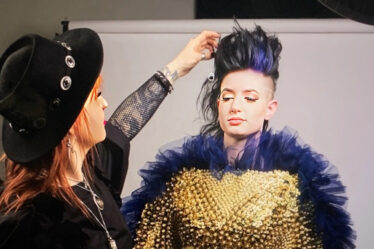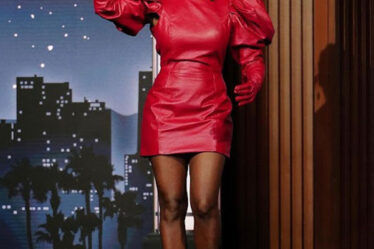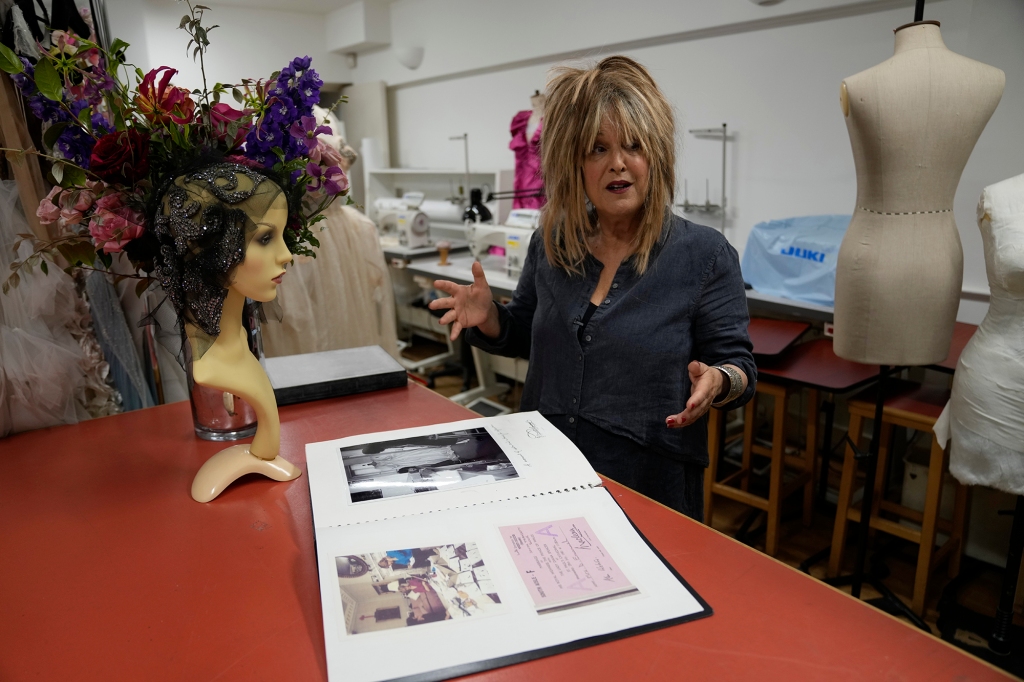
Elizabeth Emanuel cradles the massive scrapbook across her chest before laying it gently on the table and opening its Prussian blue covers to reveal a personal time capsule of her relationship with Princess Diana.
Emanuel got to know Diana during the months she and her then-husband, David, spent designing the future princess’ wedding dress. Four decades later, there’s a sense of intimacy as she leafs through sketches, fabric swatches and photos of Diana, displayed alongside images of the designer’s mother stitching embroidery into the gown. It’s like looking at a family album.
That sense of connection helps Emanuel understand why Diana’s death in a Paris car crash 25 years ago next Wednesday — Aug. 31, 1997 — resonated with so many people around the world.
“I think people just felt she was like family, that she cared,” Emanuel told The Associated Press. “They felt close to her because you knew every detail of her life. It was in all the press, all the time. And there was all these things going on. And you felt, you know, very much part of her life in a way. And so when her life was snatched away, it was this big void. … It was like a light being snuffed out.”
But for Emanuel, Diana wasn’t just the icon who appeared every day on TV screens and the front pages of newspapers. She was a real person who played a central role in her life and career.
The scrapbook documents that story — the story of a designer and a princess-to-be.
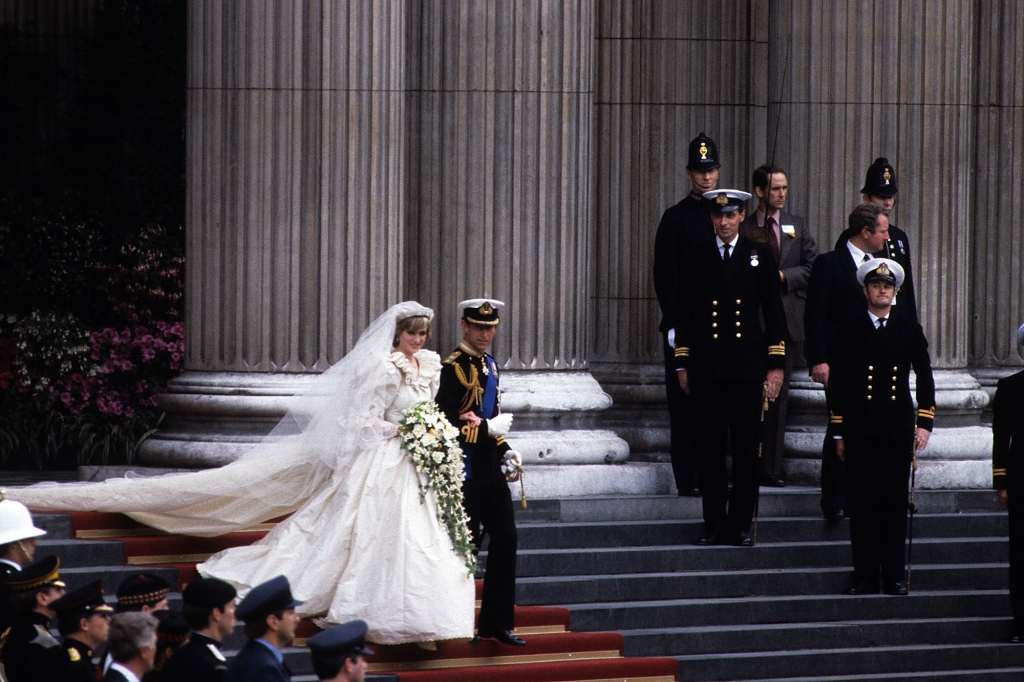
The tale begins with a pale pink blouse the Emanuels sent to British Vogue for a photo shoot on emerging beauties. Although they didn’t know it, the beauty destined to wear the blouse was Lady Diana Spencer, who would soon be engaged to Prince Charles, the heir to the British throne.
Diana liked the blouse so much that she asked who the designers were — then she called them. Emanuel answered the phone and made the appointment, but didn’t get her name.
So she was shocked when Diana showed up at her door. By then, the engagement had been announced and Diana was famous.
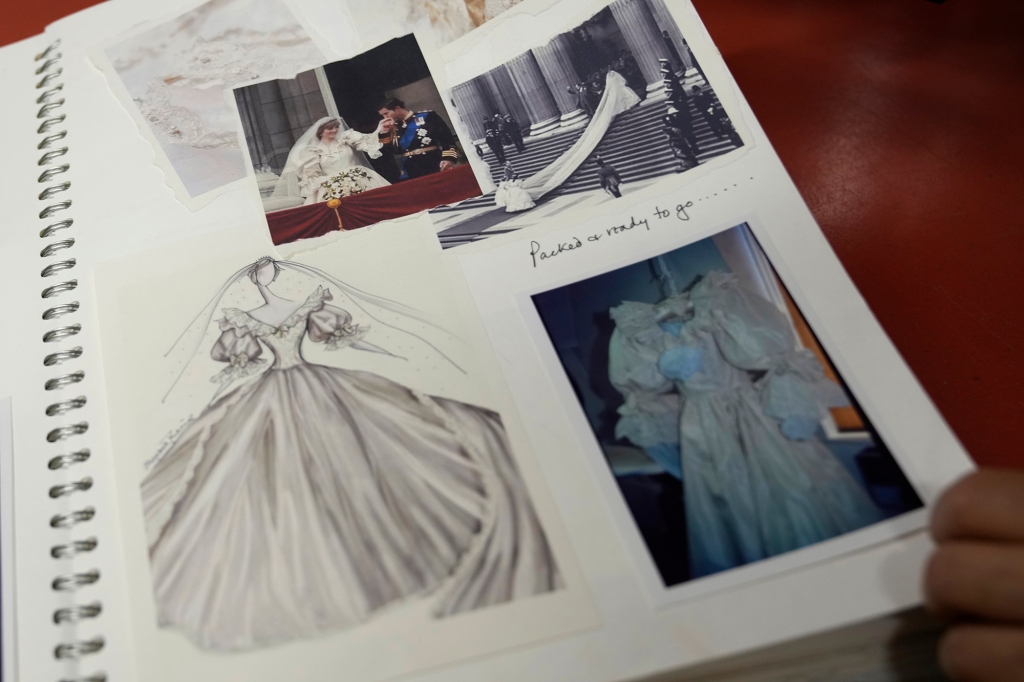
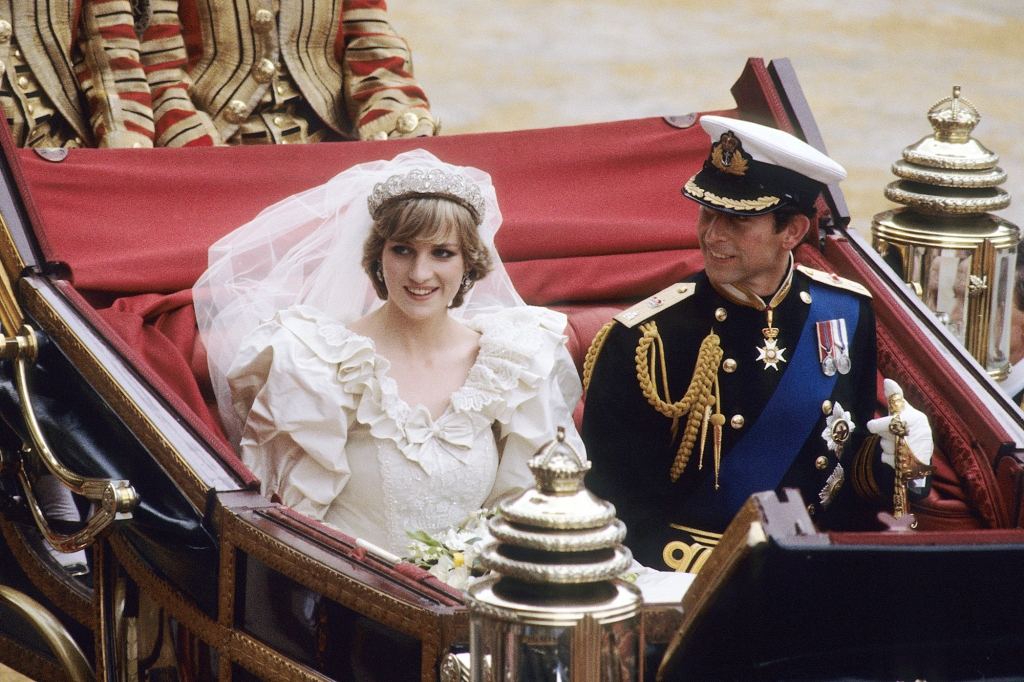
But she didn’t act like it. Emanuel remembers her wearing a little sweater and skirt and perhaps a string of pearls.
“She was so young and just so sweet and shy, and it was really fun,” said Emanuel, who was only a few years older than Diana. “It was a big adventure for her suddenly to see all the clothes in the showroom. And she put a lot of trust in us, really, to come up with clothes that would suit her. And for us, I mean, wow, it was just so fabulous to meet her.”
When it came time to make the wedding dress, the Emanuels’ 12-member team worked in secret to keep details of the garment under wraps. Security guards protected the frock, which was locked in a safe every night.
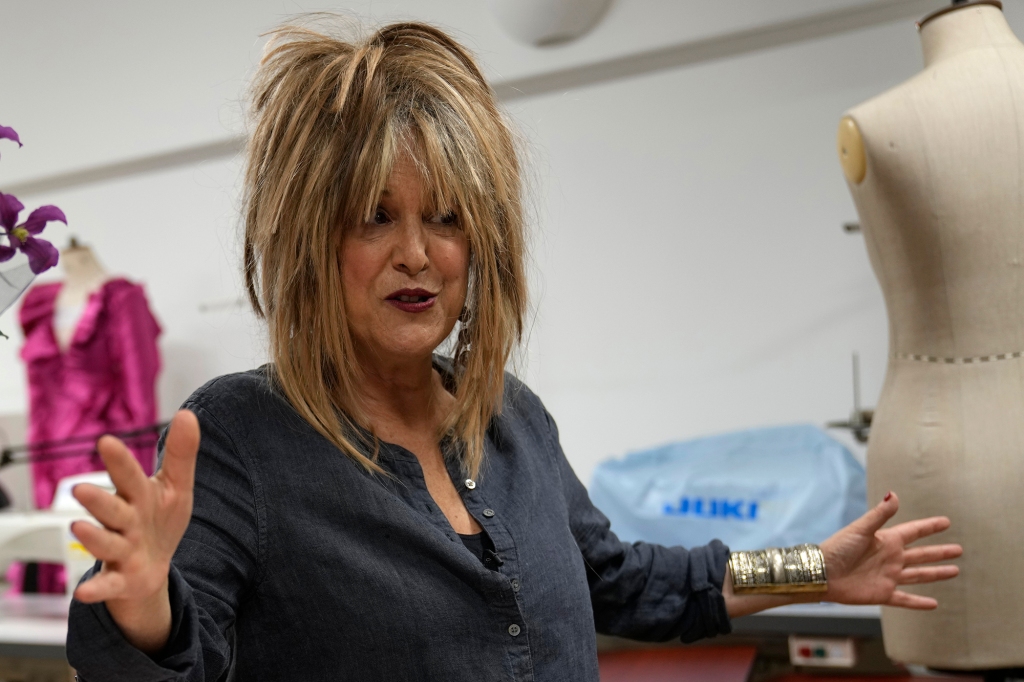
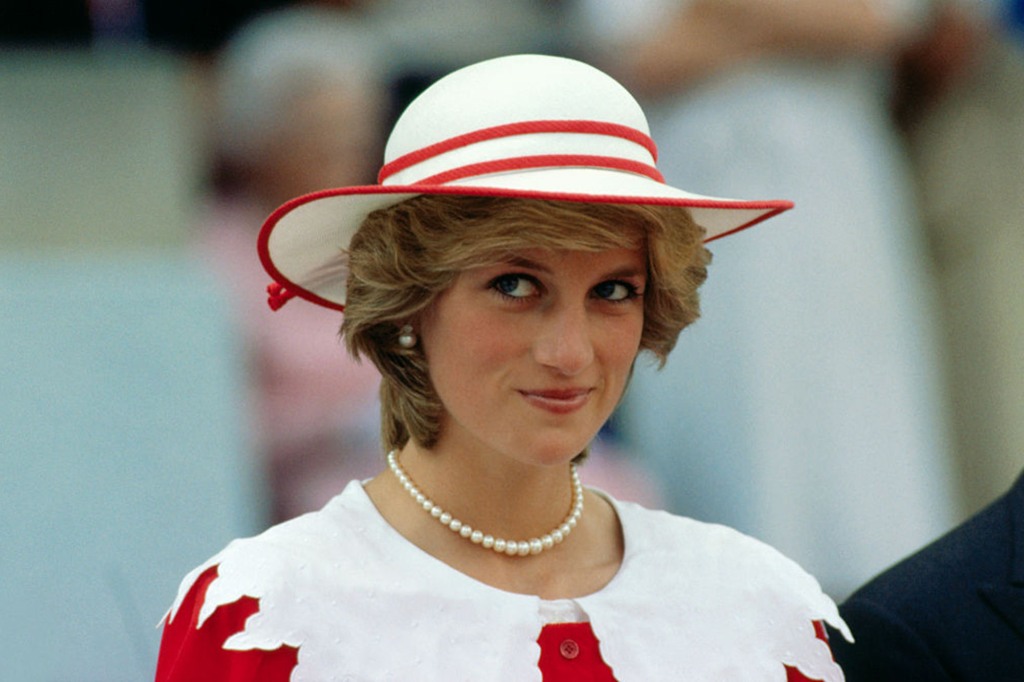
Newspapers offered thousands of pounds (dollars) for a sneak peak, but staff members turned them away out of respect for Diana, Emanuel said. In an era before smart phones and Facebook, the wedding dress design remained a surprise until the big day.
Emanuel compared Diana’s July 29, 1981, royal wedding at St. Paul’s Cathedral to the transformation of a chrysalis into a butterfly — or in this case a nursery school teacher in cardigans and sensible skirts into a fairytale princess.
It was the 1980s. Big was in, and Diana walked down the aisle draped in yards of lace with a 25-foot train flowing behind her.
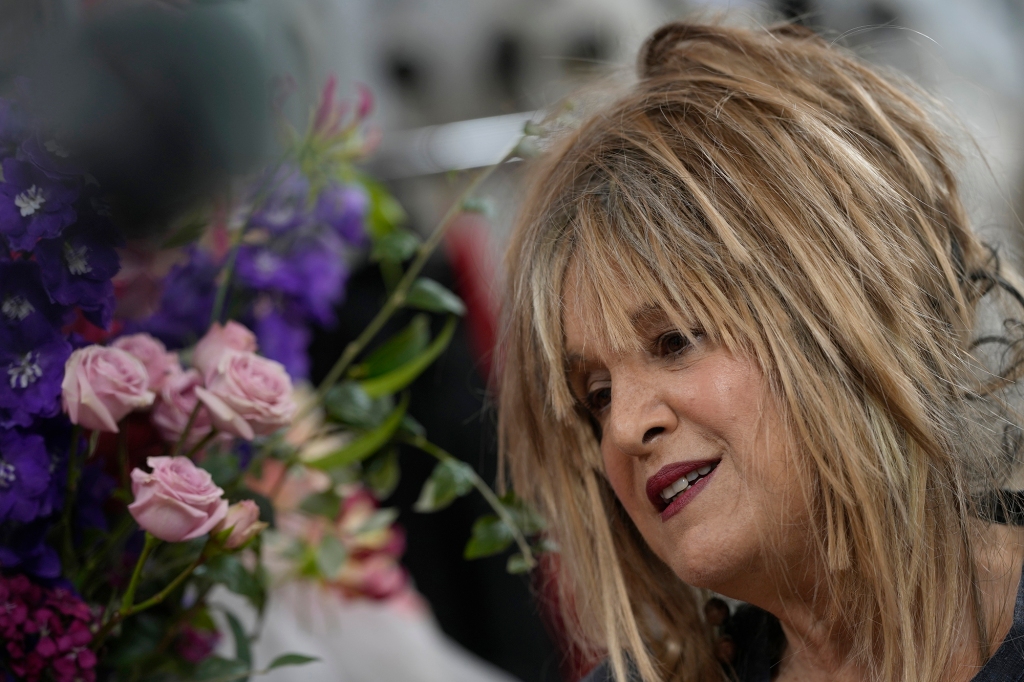
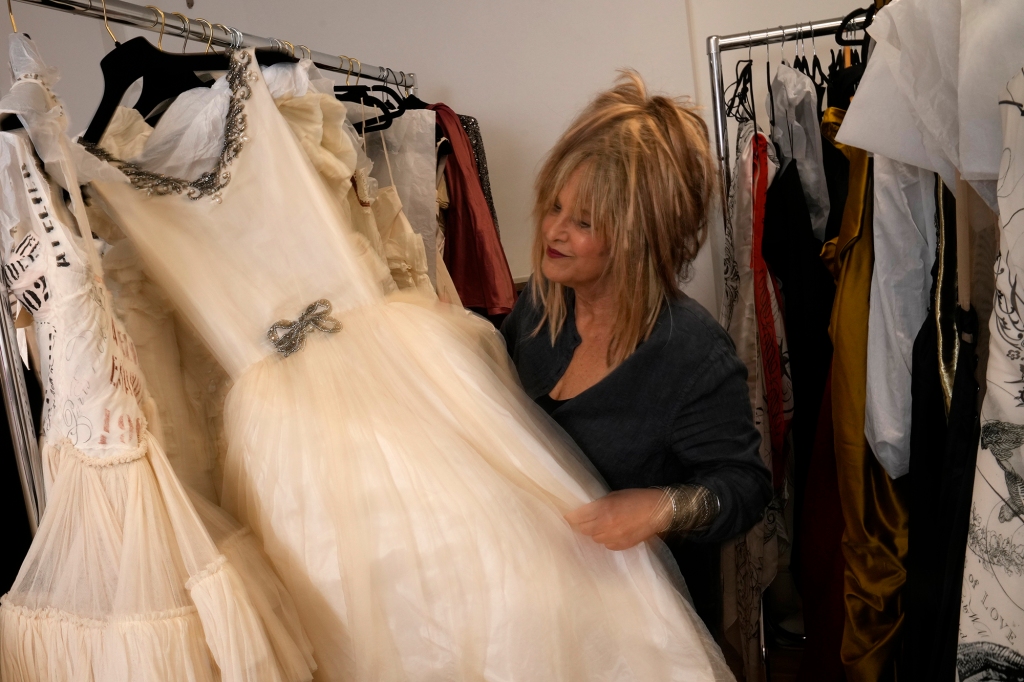
“We went completely over the top,” Emanuel said. “I mean, we were young, just out of college. (We said,) ‘Let’s do it. Let’s go crazy. St. Paul’s (has) this huge, big aisle. Let’s put all the frills on the lace, everything and make it the ultimate fairy princess dress.’ And we did that. And I don’t think you’re going to see another one like that.”
The wedding, which was televised around the world, was just the beginning of the public’s fascination with Diana. She was rarely out of the headlines for the rest of her life, earning a reputation as “The People’s Princess” when she hugged AIDS patients, befriended orphans and championed unfashionable topics like land-mine removal.
When her marriage finally ended, the collapse played out for all to see. Daily. In detail. That, too, struck a chord with the public.
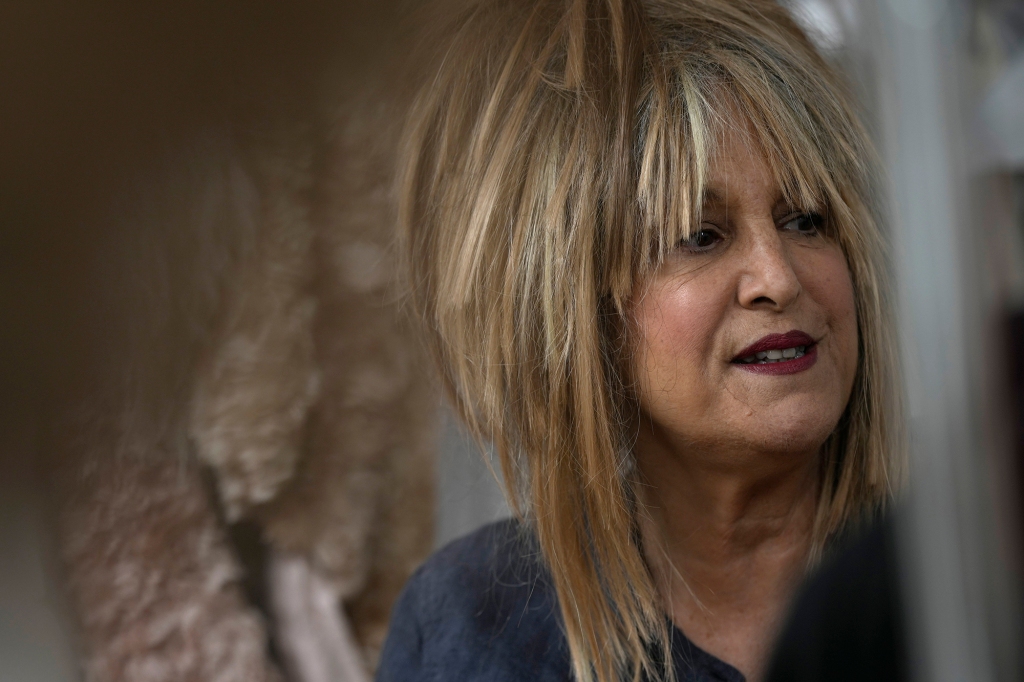
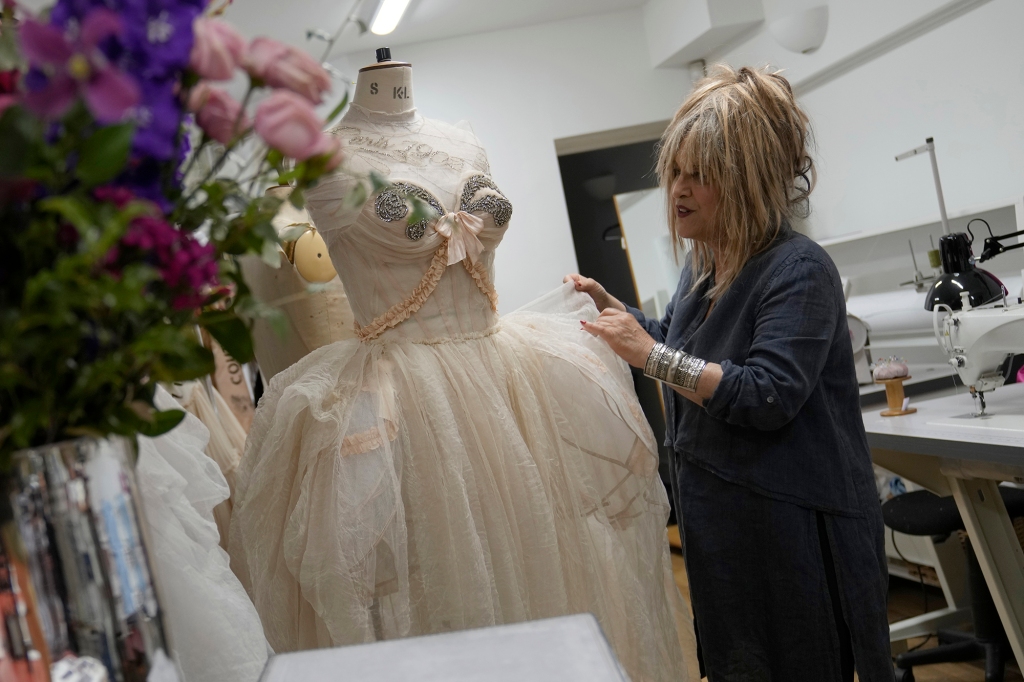
“I think when somebody dies young, it really makes an impact,” Emanuel said. “And Diana was the most famous woman on the planet. And she still is, really.”
Emanuel has had a long, successful career, creating designs for celebrities such as Madonna and Rita Ora. But she isn’t bothered by the fact that “The Dress” remains a constant subject of inquiry.
“It was such a privilege and an honor to have been part of all of that, to have been part of history as well,” she said. “I’ll never tire of it because it was just an extraordinary period in my life and — it was just wonderful!’’

